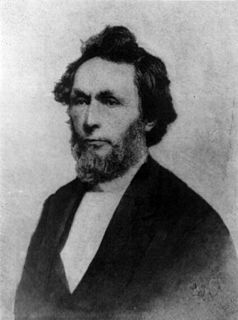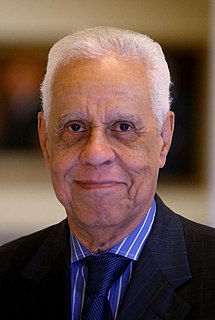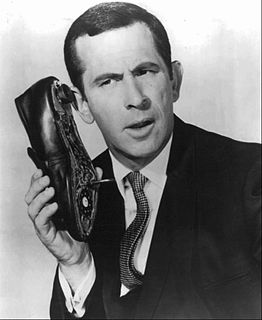A Quote by Victoria Woodhull
I was divorced from Dr. Woodhull for reasons which to me were sufficient, but I was never his enemy.
Related Quotes
No one of Lincoln's old acquaintances in this city ever heard of his conversion to Christianity by Dr. Smith or anyone else. It was never suggested nor thought of here until after his death.... I never saw him read a second of time in Dr. Smith's book on Infidelity. He threw at down upon our table - spit upon it as it were - and never opened it to my knowledge.
The fact, however, to which I want to call attention is that the master of Judo never relies upon his own strength. He scarcely uses his own strength in the greatest emergency. Then what does he use? Simply the strength of his antagonist. The force of the enemy is the only means by which that enemy is overcome.
How much reverence has a noble man for his enemies!--and such reverence is a bridge to love.--For he desires his enemy for himself, as his mark of distinction; he can endure no other enemy than one in whom there is nothing to despise and very much to honor! In contrast to this, picture "the enemy" as the man of ressentiment conceives him--and here precisely is his deed, his creation: he has conceived "the evil enemy," "the Evil One," and this in fact is his basic concept, from which he then evolves, as an afterthought and pendant, a "good one"--himself!





































